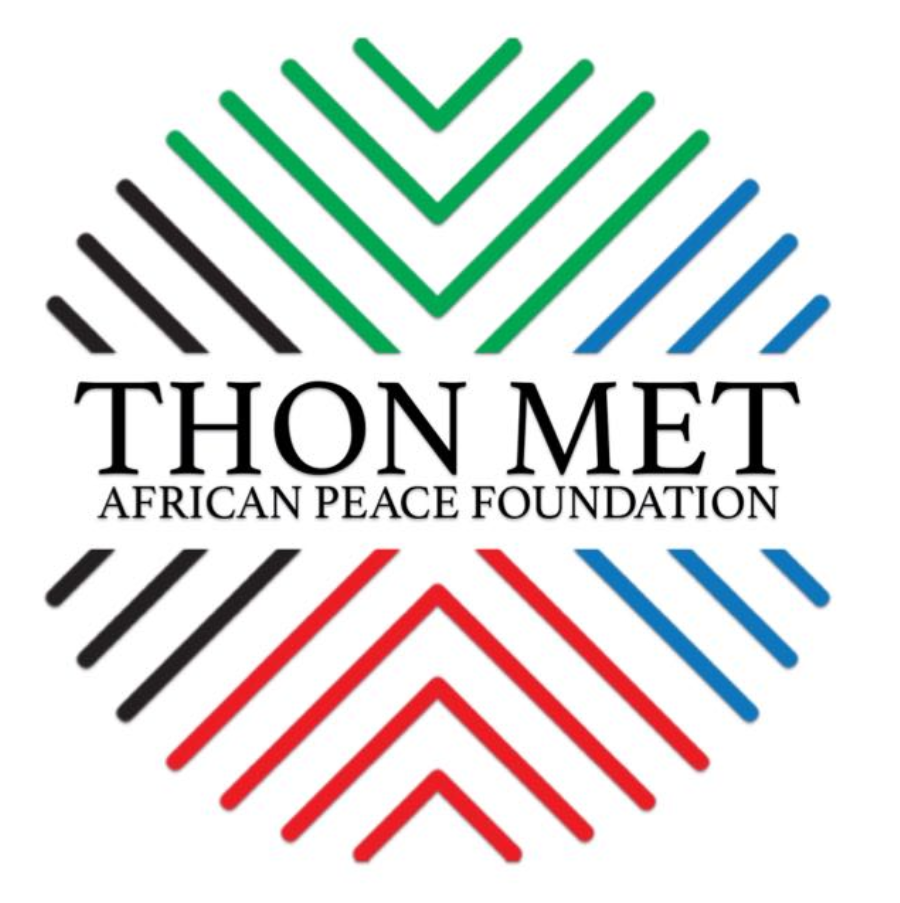Who We Are
Welcome to Thon Met African Peace, a nonprofit humanitarian and peacebuilding organization dedicated to improving the lives of displaced South Sudanese families and vulnerable communities. Since its establishment in 2015, it has served as a beacon of hope for families affected by conflict, displacement, and poverty. Our work focuses on providing shelter, education, healthcare, peacebuilding, youth empowerment, and agricultural support fostering resilience and social harmony for a better, peaceful future.
Our Mission
To create a peaceful, supportive, and empowered environment for displaced families and vulnerable communities by delivering life-saving services in shelter, education, healthcare, agricultural empowerment, and peacebuilding initiatives.
Our Vision
A peaceful, resilient, and inclusive society where every displaced person and conflict-affected family can live with dignity, access essential services, and actively contribute to rebuilding a united and thriving community.
Call to Action
💚 Donate Now
Your contribution helps provide clean water, education, healthcare, and food security to vulnerable families. Every amount makes a lasting impact.
🔴 Become a Volunteer
Join hands with us in building a peaceful, educated, and self-reliant Africa. Whether you’re a student, teacher, or professional your skills can change lives.
Partnering with us
Join hands to create opportunities, support communities, and build a brighter future together. Your partnership can drive meaningful change and help us reach more lives. Let's grow stronger, together. Connect with us today and be a part of something truly powerful.
